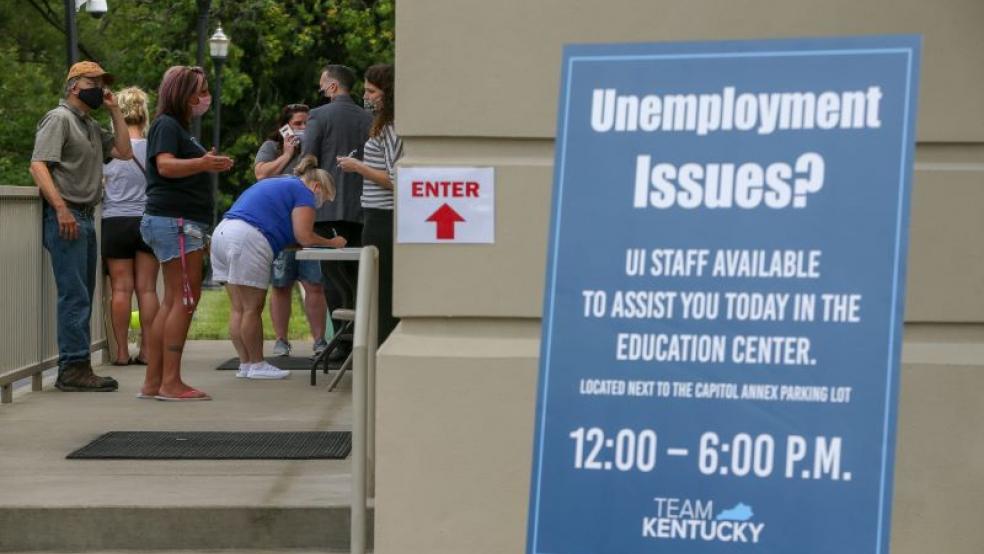Some Republican lawmakers insist that the generous unemployment benefits created by the CARES Act – now expired and subject to debate in the ongoing negotiations over the next coronavirus relief bill – are contributing to the slow economic recovery by paying workers to stay away from jobs they would otherwise be forced to take. But a new study finds that more generous unemployment insurance helps workers find better jobs, which in the long run is better for employees, employers and the economy as a whole.
The extension of unemployment insurance benefit durations “decrease the mismatch between workers’ educational attainments and the educational requirements of jobs,” the authors said in the paper, published by the National Bureau of Economic Research. In other words, workers end up with jobs they are better suited for when they have more time to look, thanks to more unemployment generous benefits. The effect is more pronounced for female and minority workers, the authors said.
The paper is just the latest of a series of analyses that cast doubt on the reasoning behind Republican opposition to enhanced unemployment payments. Earlier this week, The Washington Post’s Catherine Rampell reviewed five recent economic studies that found no evidence that the $600 per week boost Congress provided for the unemployed had depressed job growth – and if there is an effect, it likely runs the other way. “If anything, research to date suggests the federal benefit supplement has boosted macroeconomic activity and, therefore, likely supported hiring,” Rampell wrote.
A new report Wednesday by Morning Consult provides yet another piece of evidence on the issue. According to surveys conducted in May, June and July, the enhanced benefits have done little to distort workers’ motivations.
“Unemployed workers who received more in unemployment insurance benefits than they did from their previous job did not return to work at a slower rate than those who received less in UI, casting further doubt on the distortionary effects of expanded UI benefits on workers’ incentives.”
The survey did find, though, that the expiration of the enhanced benefits will have a powerful negative effect on the incomes and consumption for 5.4 million Americans by the end of the month.




